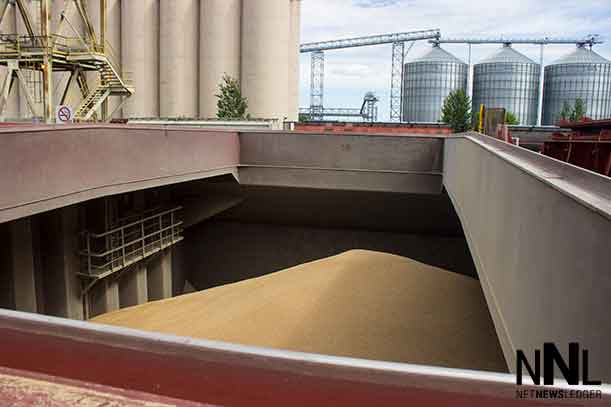Dwindling Confidence Amid Rising Interest Rates and Living Costs
Calgary, AB – The optimism surrounding Canadians’ debt situation has plummeted to a five-year nadir, as indicated by the recent MNP Consumer Debt Index. The survey unveils a disheartening picture of Canadians grappling with mounting financial pressures stemming from escalating interest rates and living costs.
Steep Descent into Pessimism
The findings highlight a somber shift in perception, with more Canadians rating their current and expected debt circumstances as worsening. The report shows a notable rise in individuals voicing concerns over their ability to weather an interest rate hike (28%, +5pts) or shoulder an additional $130 in interest payments (37%, +5pts). A troubling 51% (-1pt) disclosed that they are merely $200 away or less from failing to meet all their financial obligations.
“There’s no enigma surrounding the dour debt outlook among Canadians; it’s increasingly challenging to balance the books,” remarks Grant Bazian, President of MNP LTD, Canada’s leading insolvency firm. “With the trifecta of surging debt carrying costs, living expenditures, and the looming threat of continuous interest rate and price escalations, a significant portion of Canadians are teetering perilously close to financial ruin.”
Fading Resilience to Interest Rate Hikes
The survey underscores a growing unease among Canadians regarding potential future interest rate increments. Compared to the previous quarter, a larger portion (28%, +5pts) admitted that their capacity to cope with a 1 percentage point increase has diminished. When the question was reframed to gauge reactions to an extra $130 in interest payments on debt, four in ten (37%, +5pts) disclosed a harsher reality of their ability to manage this uptick.
Glimmers of Hope Amid Economic Gloom
Although the overarching narrative is bleak, the data reveals some slivers of optimism. The MNP Consumer Debt Index edged up slightly to 86 points, a modest 3 point upswing since last quarter, albeit still trailing the five-year average. Canadians reported a marginally enhanced confidence in settling their debts (62%, -4pts), averting financial turmoil (60%, -3pts), and steering clear of bankruptcy (45%, -5pts). Furthermore, fewer individuals expressed regrets (45%, -7pts) or concerns (45%, -3pts) regarding their current debt levels this quarter.
“For the time being, some Canadians find a semblance of financial reprieve, courtesy of the robust job market. However, the harsh reality is that elevated interest rates dampening economic vigor will inevitably herald adverse repercussions such as heightened unemployment,” Bazian warns.
Navigating the Debt Quagmire
With four in ten Canadians apprehensive about a household member potentially losing their job (38%, -2pts), Bazian emphasizes that the prevalent underemployment and unemployment scenarios, where individuals either garner insufficient income or have inadequate hours to cover household expenditures, are primary drivers of insolvency.
“The precarious dance with debt and living costs might be somewhat tenable with stable income. Yet, the scenario swiftly morphs into a crisis with any unexpected financial hiccup, even after curbing non-essential spending,” Bazian explains. He further elucidates the perilous cycle of relying on credit to fulfill basic household needs, which can propel individuals onto a high-interest debt treadmill, with missed payments triggering a domino effect of financial repercussions.
Bazian advocates for proactive measures such as engaging with lenders to devise a payment scheme and consulting a Licensed Insolvency Trustee for a confidential financial assessment and impartial debt relief advice.
About MNP LTD and MNP Consumer Debt Index
MNP LTD, a subsidiary of the national accounting firm MNP LLP, stands as Canada’s largest insolvency practice, extending a lifeline to individuals in financial distress for over 50 years. The MNP Consumer Debt Index, an instrumental gauge of Canadians’ financial strain or ease, is orchestrated by Ipsos and updated quarterly. The latest iteration reflects a modest uptick to 86 points, although still lagging behind the five-year average, offering a nuanced perspective on the financial pressures Canadians face amidst a challenging economic landscape.







